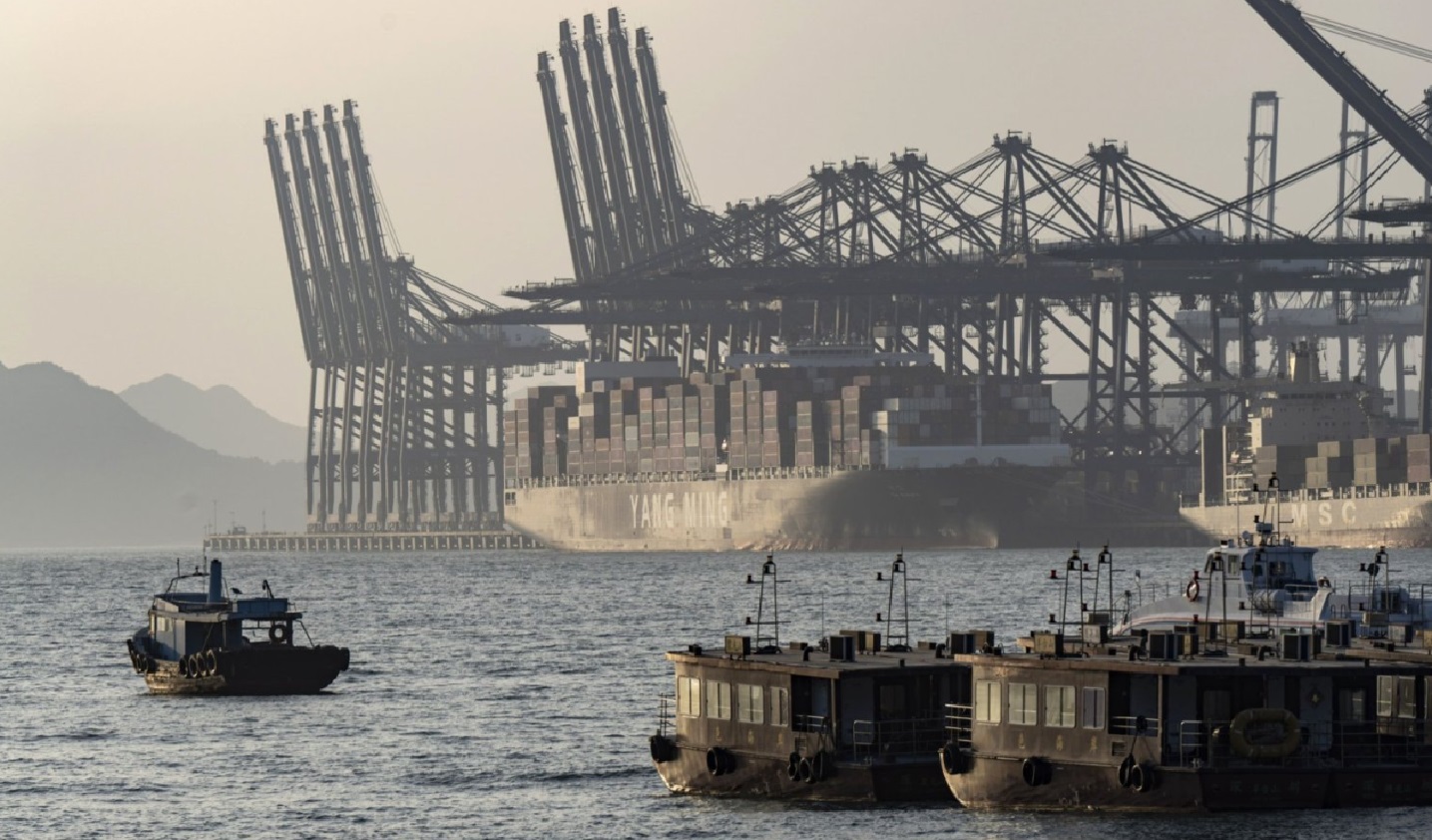German factory orders rose surprisingly in December — signaling a slight recovery as Europe’s largest economy grapples with a drop in factory output. Data released on Tuesday showed demand rose 8.9% in December from the previous month. That increase, different from economists’ average estimate of a 0.2% decline, was thanks to large orders, the country’s statistics agency Destatis said.
The less volatile quarterly measurement points to a rise of 0.1% in the October-December period compared to the previous three-month period. For 2023 overall, factory orders contracted by 5.9%.
The “huge increase in orders in December” cannot “cloud the reality in the German manufacturing sector, which remains strained”, commented Jorg Angele, an economist at Bantleon. “The collapse of orders in the automotive industry and engineering, the two pillars of the German economy, is particularly worrying. Hence, the outlook for production remains weak in the near term”, added he.
Germany is struggling to recover from a factory slump caused by the energy crisis and weak global demand. The country’s gross domestic product contracted by 0.3% in the final quarter of last year, and although the country avoided recession, the outlook remains bleak.
The Bundesbank expects output to be “stagnant at best” in the first three months of 2024 given the continued decline in orders from abroad and cautious consumers. The Ifo institute’s attitude survey also signals that the country is still far from growth.
Better news came from inflation and employment data. Consumer price growth slowed more than expected in January to 3.1%, and a drop in unemployment highlighted the stability of the labor market.
And although parliament passed a bill to settle the 2024 budget dispute, the financial plan for next year is still not ready. Elsewhere, there is continued chaos caused by strikes by airport workers and farmers’ protests.
At a Bloomberg event in Frankfurt on Monday, German Finance Minister Christian Lindner said his country was falling behind because it was failing to support its manufacturing.
“We are no longer competitive”, he declared. “Germany is getting poorer because of the lack of growth. We are behind”, added he.



